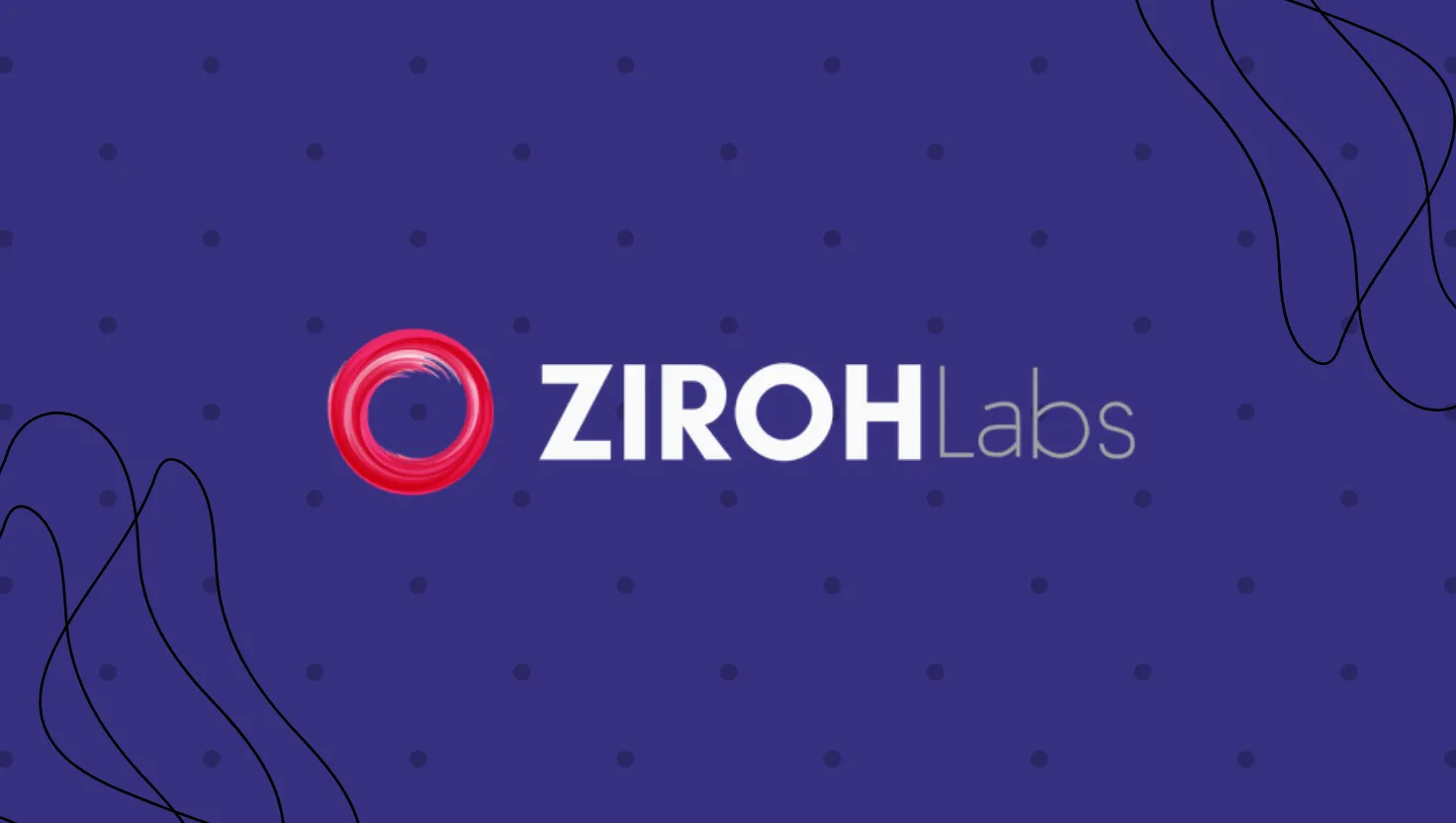Executive Summary
As the artificial intelligence (AI) revolution intensifies, the GPU-centric infrastructure supporting large language models (LLMs) and generative AI is buckling under its own weight—cost, scarcity, and energy consumption are increasingly becoming limiting factors. Into this landscape steps Ziroh Labs, an Indian deep-tech startup, with a bold alternative: Kompact AI.
Developed in partnership with IIT Madras, Kompact AI is a software platform enabling efficient inference and fine-tuning of AI models—up to 50 billion parameters—on standard CPUs. This ambitious move challenges the prevailing dependency on GPUs and holds promise for democratizing AI, especially in developing regions and edge computing environments.
1. The GPU Bottleneck: A Global Constraint
GPUs have powered the AI boom due to their unmatched parallel processing capabilities. Companies like Nvidia have built entire ecosystems to support AI workloads, but this dominance has brought unintended consequences:
- High Cost: GPUs like Nvidia A100/H100 cost thousands of dollars, restricting access to large corporations and elite research institutions.
- Limited Availability: Supply chain disruptions and geopolitical restrictions make GPUs hard to obtain globally.
- High Energy Consumption: Large GPU clusters consume vast power, raising sustainability concerns.
This trifecta has led to what many call the “AI Divide”—a growing inequality between those with access to high-performance AI infrastructure and those without.
2. Kompact AI: A CPU-First Alternative
Kompact AI, launched on April 9, 2025, offers a software-centric remedy. Rather than introducing new hardware, Ziroh Labs focuses on algorithmic and implementation optimizations to enable powerful AI models to run on CPUs.
Key Features:
- Optimized for CPUs: Supports models with up to 50B parameters.
- Targeted Tasks: Inference, fine-tuning, RAG, and agentic workflows.
- Offline Capability: Functions without internet—ideal for rural, low-connectivity zones.
- ICAN Runtime: Supports 10+ programming languages, easing integration.
- Model Library: Pre-optimized versions of popular LLMs (e.g., Llama 2, Qwen 2.5, DeepSeek) and vision/speech models.
Ziroh’s platform is designed for cost-effective AI deployment at scale, leveraging everyday CPU infrastructure instead of rare, high-power GPUs.
3. Strategic Development: From Encryption to Edge AI
Ziroh Labs began in 2016, initially focusing on Fully Homomorphic Encryption (FHE) for data privacy. However, as the AI industry surged, the company pivoted—applying its mathematical and distributed systems expertise to optimize AI compute efficiency.
The shift was made in collaboration with IIT Madras and Pravartak Technologies Foundation, culminating in the creation of CoAIR (Centre of AI Research). This initiative emphasizes:
- CPU-optimized AI solutions,
- Applications in agriculture, healthcare, and education,
- Deployment in low-resource, edge environments.
4. Benchmark Claims and Industry Validation
Ziroh Labs claims 3x performance over other CPU-based inference solutions, without accuracy loss—a bold assertion. Models have been benchmarked in partnership with IIT Madras and validated by Intel and AMD, with demonstrations showcasing real-world usage on standard Intel Xeon laptops.
However, the lack of publicly disclosed benchmarks comparing Kompact AI with leading CPU and GPU alternatives (like ONNX Runtime, OpenVINO, or llama.cpp) remains a critical gap in independently validating these claims.
5. Alignment with India’s “AI for All” Vision
India’s AI mission, backed by a ₹10,300 crore (~$1.4B) investment, seeks to democratize AI. Yet, the country faces a shortage of high-end compute infrastructure.
Kompact AI offers a strategic fit:
- Homegrown Innovation: Built in India, aligned with national goals.
- Resource Efficiency: Runs on CPUs already prevalent in data centers and devices.
- Social Impact: Tailored for rural deployment—agriculture, health, and education.
Government leaders, including IIT Madras Director Prof. V. Kamakoti, praised the platform for its "nature-inspired" approach—favoring domain-specific intelligence over brute-force generalization.
6. Use Cases: From Edge AI to Enterprise Deployment
Kompact AI is best suited for:
- Edge Computing: Smartphones, IoT gateways, industrial machines.
- Rural Deployments: Offline AI for farmers, students, frontline workers.
- Enterprise Applications: Chatbots, document analysis, multimodal vision tools, speech systems—all on commodity hardware.
Supported models include:
- Meta's Llama 2 & 3, Code Llama, Qwen 2.5, DeepSeek, Phi, Stable Diffusion 3, YOLO, Whisper V3, and more.
7. Competitive Landscape and Future Outlook
Ziroh Labs enters a space populated by:
- Open-source tools: llama.cpp, GGML, OpenVINO.
- Software startups: ThirdAI (BOLT), OctoML, Neural Magic.
- Hardware evolution: CPUs with integrated NPUs (Intel, AMD, Apple Silicon).
Kompact AI’s unique proposition lies in:
- Its broad model support,
- ICAN runtime’s developer friendliness,
- and a strong narrative of frugal, inclusive innovation.
But to scale globally, Ziroh Labs must:
- Publish transparent benchmark data,
- Prove cross-architecture compatibility (Intel, AMD, ARM),
- Define a clear business model (pricing, support, licensing),
- Build a developer ecosystem.
Conclusion: A Promising Step Toward Inclusive AI
Ziroh Labs' Kompact AI could redefine how and where AI is deployed. By decoupling model execution from the GPU bottleneck, it opens doors for startups, rural deployments, and low-budget innovators across the globe.
While questions around performance benchmarking remain, the strategic vision is strong. Kompact AI exemplifies a new wave of "AI pragmatism"—where efficiency, affordability, and accessibility matter just as much as raw model power.
If Ziroh Labs can deliver on its promises and scale responsibly, Kompact AI might just become a cornerstone of the next wave of democratized artificial intelligence.
Quick Facts Table
| Feature | Details |
|---|---|
| Launch | April 9, 2025, IIT Madras |
| Company | Ziroh Labs (India + US presence) |
| Core Focus | CPU-based inference & fine-tuning (<50B models) |
| Offline Capability | Yes |
| Runtime | ICAN (Supports 10+ programming languages) |
| Validated By | IIT Madras, Intel, AMD |
| Supported Models | Llama 2/3, Qwen 2.5, DeepSeek, Whisper, Stable Diffusion, YOLO, and others |
| Target Use Cases | Edge AI, enterprise inference, low-connectivity regions |
| National Alignment | India’s “AI for All” strategy |
Websites:




